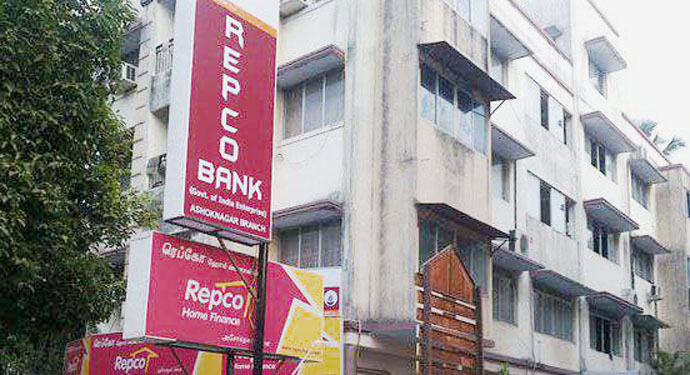In a detailed letter sent to Indian Cooperative earlier, Repco Bank officials explained how the Bank is falling victim to govt apathy. Now the bank is in difficulty due to an ordinance promulgated by the central government.
The ordinance has rendered the organisation, formally known as Repatriates Cooperative Finance and Development Bank Ltd, ineligible to mobilize deposits from non-voting members considering the bank is registered under the Multi-State Cooperative Societies Act, 2002.
Sources say the bank takes deposits only from voting members but it is flourishing only on the support of 10 lakh non-voting members.
Pointing out that the ordinance is essentially meant for unregulated private financial firms that had been collecting deposits from the public illicitly, the official says Repco Bank, should have been placed on a different footing.
“We have written to the Home Affairs Ministry and Union Ministry’s Department of Financial Services to exempt us from the scope of the law,” she says, adding that there is a provision in the law to give the allowance.
A bank official, who has issues with the bank management, said it would make the presence of the repatriates in the organization virtually superfluous. He claimed that the move should not have been allowed as there is no provision in the bye-laws. However, Ms. Isabella asserted that the bye-laws do provide for such an action.
It bears recall that recently the Madras High Court has issued notice to the Centre on a plea seeking to nominate directors to the Repco Bank according to the provisions of the Multi-State Co-operative Societies Act.
The petitioner had alleged that the bank had framed its own bye-laws bypassing the MSCS Act 2002. The issue related to number of nominated member on the Board of the Bank.
The petitioners first approached the Central Registrar in October last year but as there was no response, they moved the high court.
The judge had directed the Union Ministry of Agriculture and Farmers’ Welfare and the Central Registrar of Co-operative Societies to respond within four weeks.
